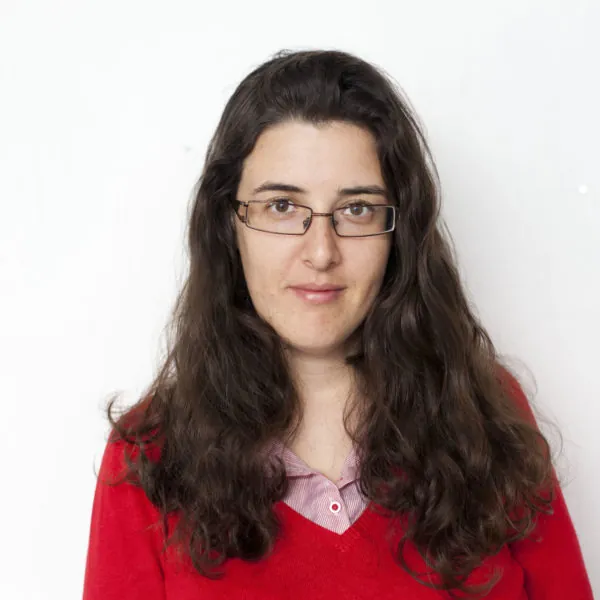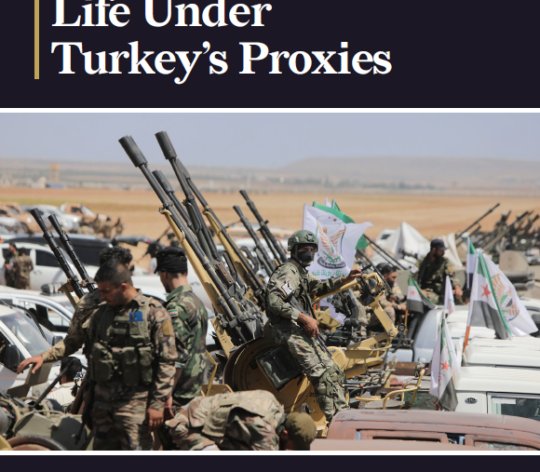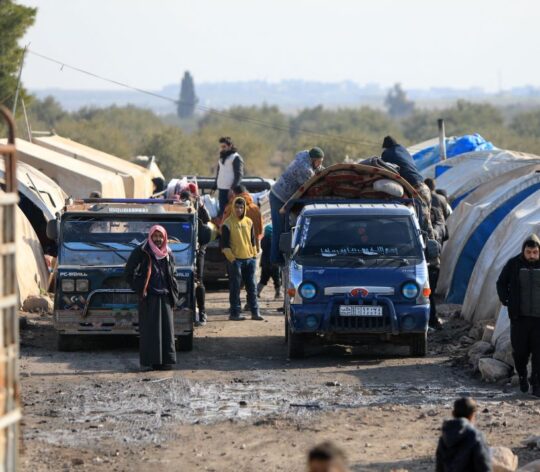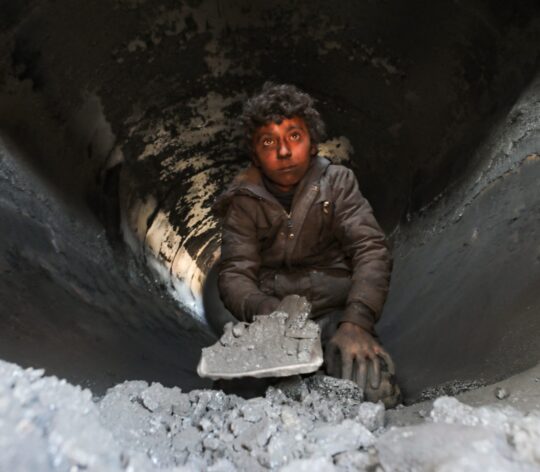The Gangs of Northern Syria: Life Under Turkey’s Proxies
Turkey’s proxy force, the Syrian National Army, was meant to further Turkey’s ambitions in Syria. Instead, the force has victimized Syrian civilians living in the areas under its control and damaged Turkey’s reputation as the group defies Ankara’s attempts to rein it in.





